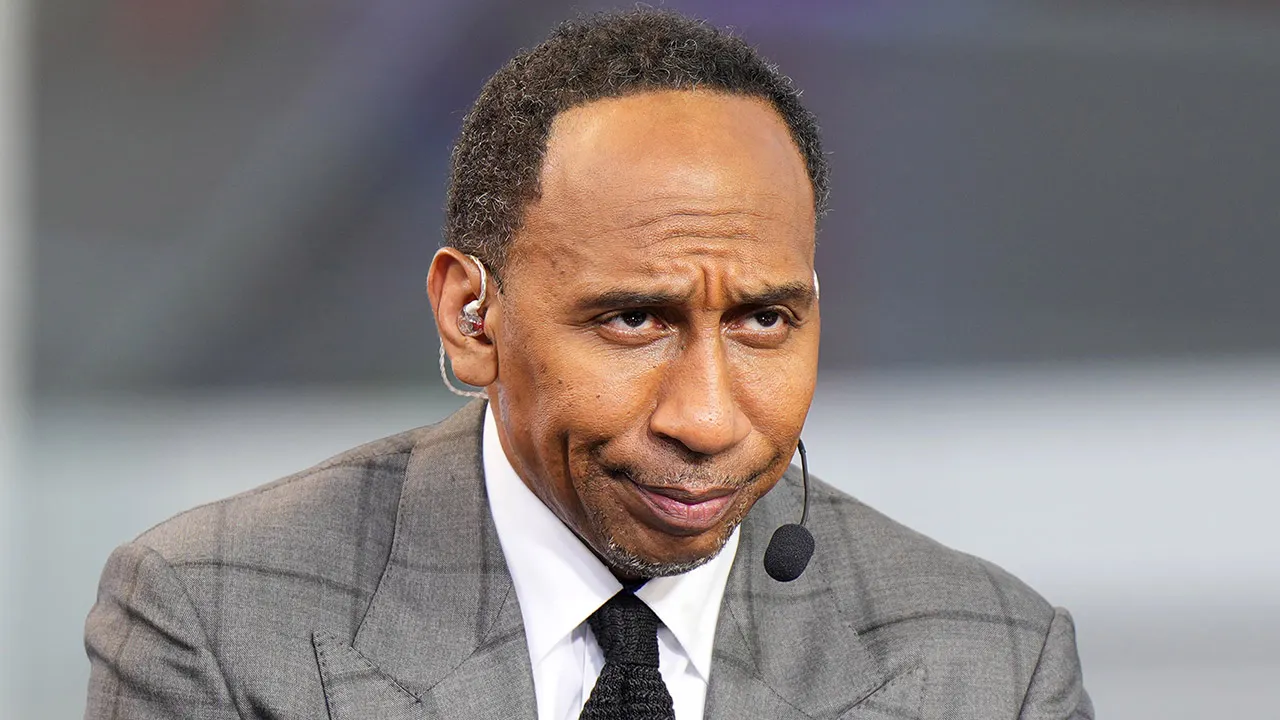Sports
ESPN star Stephen A Smith makes stance on trans inclusion in women’s sports clear

Stephen A. Smith Weighs In on Trans Athletes in Women’s Sports
ESPN star Stephen A. Smith recently shared his thoughts on the inclusion of transgender athletes in women’s sports during an interview on radio row in New Orleans ahead of Super Bowl LVII. Known for his outspoken personality, Smith made it clear that while he identifies as a political centrist, his stance on this particular issue diverges from his usual moderate views.
Smith emphasized his support for LGBTQ rights but expressed concern about the impact of transgender athletes, particularly biological males transitioning to females, competing in women’s sports. He described the issue as a “different animal” compared to broader LGBTQ rights, stating, “That’s not just about LGBTQ rights. That’s about prying on the rights of females out there everywhere who were born female, and they’re at a decided disadvantage.” His comments reflect a belief that allowing transgender athletes to compete in women’s sports could create an unfair advantage and undermine opportunities for cisgender female athletes.
Smith’s remarks came at a time when the debate over trans inclusion in sports has gained significant traction nationally. His interview, originally conducted by Bloomberg, was released on Saturday and quickly sparked discussion across media platforms.
Political Backlash and Trump’s Executive Order
Smith’s comments align with a growing wave of political opposition to transgender athletes competing in women’s sports. Just as Smith aired his views, President Donald Trump signed an executive order barring transgender athletes from competing against women and girls. The move was part of Trump’s broader campaign promises and policies aimed at addressing what he and his supporters characterize as unfair competition in women’s sports.
The NCAA also responded to the controversy by revising its policy to align with Trump’s executive order. This decision was met with both support and criticism, as the organization sought to balance inclusivity with concerns about competitive fairness. The policy change reflects the ongoing tension between advocates for transgender rights and those who argue that biological differences give transgender athletes an inherent advantage.
Linda McMahon and the Push for Policy Change
Linda McMahon, Trump’s nominee for education secretary, also weighed in on the issue. McMahon, who previously served as the administrator of the Small Business Administration under Trump, expressed her opposition to transgender athletes competing in women’s sports. “I do not believe that biological boys should be able to compete against girls in sports,” she said. McMahon cited public opinion and court rulings as evidence that the issue has broad support and legal backing.
Her remarks underscored the politically charged nature of the debate, with many Republicans framing the issue as a matter of protecting women’s sports and ensuring fairness. McMahon’s statements were consistent with Trump’s messaging during his campaign, where opposition to transgender athletes in women’s sports was a recurring theme.
Public Opinion and the National Debate
The debate over transgender athletes in women’s sports has become a key issue in American politics, with significant implications for LGBTQ rights and women’s sports. A national exit poll conducted by the Concerned Women for America (CWA) legislative action committee revealed that 70% of moderate voters considered Trump’s opposition to transgender athletes in women’s sports to be important. Additionally, 6% of respondents identified it as the most important issue, while 44% deemed it “very important.”
These findings suggest that the issue resonates with a sizable portion of the electorate, particularly among moderate voters. The CWA poll highlights how the debate has become a rallying point for certain political factions, with many conservatives framing it as a matter of protecting women’s rights and competitive fairness.
The Human Impact of the Debate
While the political and ideological dimensions of the debate dominate headlines, the human element cannot be overlooked. Transgender athletes and their families often find themselves at the center of this polarizing issue, facing scrutiny and discrimination as they seek to participate in sports. Advocates for inclusion argue that denying transgender athletes the opportunity to compete is a form of discrimination that contradicts the values of equality and fairness in sports.
At the same time, some cisgender female athletes and their advocates argue that allowing transgender athletes to compete creates an uneven playing field. They point to physical differences as evidence of a potential advantage, though scientific consensus on the matter remains divided. The debate raises complex questions about identity, biology, and fairness, with no easy answers.
The Broader Implications of the Controversy
The debate over transgender athletes in women’s sports reflects broader societal tensions surrounding gender identity, discrimination, and inclusion. While Smith, Trump, and others have framed their opposition as a defense of women’s rights, critics argue that such rhetoric often serves to marginalize transgender individuals and roll back hard-won progress for LGBTQ equality.
As the issue continues to unfold, it will likely remain a contentious topic in both politics and sports. Organizations like the NCAA and lawmakers at the state and federal levels will face increasing pressure to take a stance, balancing the rights of all athletes while addressing concerns about fairness. The outcome of this debate will have far-reaching implications for transgender athletes, women’s sports, and the broader struggle for equality and inclusion in American society.
This summary captures the complexity of the issue, the political polarization it has caused, and the human stories at its core. It highlights how a single topic can ignite passion, conflict, and reflection across sports, politics, and culture.